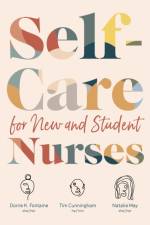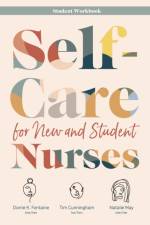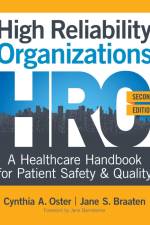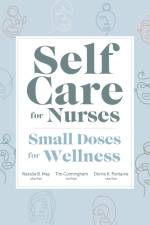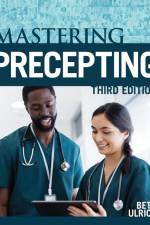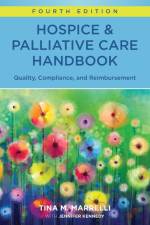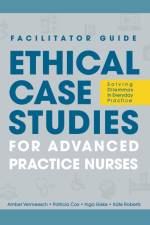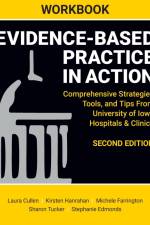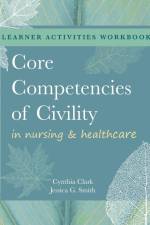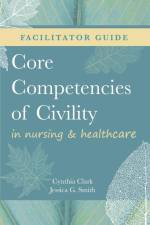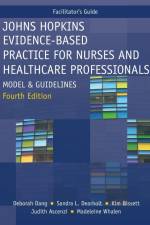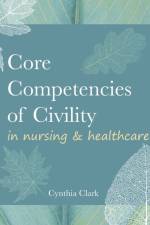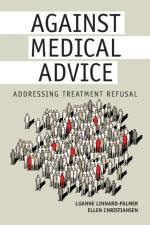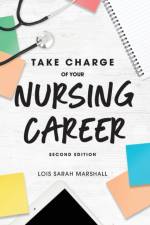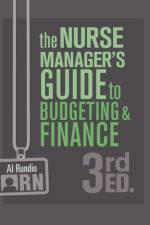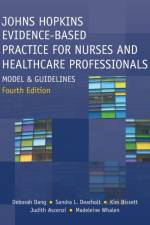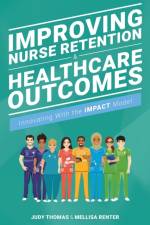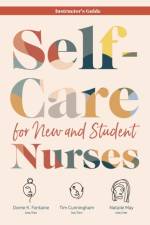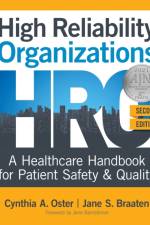av Natalie May, Dorrie K Fontaine & Tim Cunningham
329,-
Self-care is not selfish. Nurses should be entitled, in fact expected, to care for themselves with the same creativity and compassion that they use to care for others.Nurses don't flourish simply by fostering the well-being of others. The nursing profession is inherently meaningful in that we care for patients and families during their most vulnerable moments. But meaningful work has its limits. A major thread throughout this book is that we don't want to be "the naked person offering someone their coat."Self-care is about the mind as much as it is about the body.Self-care is a lifelong practice, and it is best to begin the practice early, before facing the stressors of a hospital or other clinical setting. In general, student nurses face significantly more stress than their peers, increasing the importance and value of self-care practices during nursing school.Individual self-care practices do not let organizations off the hook. The importance of a healthy work environment cannot be overstated, and in this book, we offer help in selecting a healthy workplace and encourage readers to advocate for themselves and others.Building a Self-Care Tool KitThis workbook will provide opportunities for you, the student nurse or new graduate nurse, to explore self-care behaviors that will help you deal with the big and small stressors you will encounter in your life or that you are encountering now. Our hope for you is that you will wholeheartedly "jump in" and explore both the practices outlined in this book and others that you encounter in this journey. Self-care has become an exciting field of study and practice, especially during the time of COVID-19 and other stressors that affect those of us who work in healthcare. There are so many resources to explore, and we have designed this workbook to encourage you to take advantage of as many of them as you can. We encourage you to build your own self-care tool kit. Just like a carpentry tool kit or any tool kit, it will contain important items to help you be the best nurse (or carpenter) possible. The tools are essential to getting the job done. This self-care tool kit, instead of hammers, screw drivers, and tape measures, will be a collection of a strategies, behaviors, and mindsets that will help you flourish in nursing.To that end, we hope that you will try many of the practices shared here. Some will resonate with you immediately. Some will fit your lifestyle. Some will need modifying to suit your preferences. (Don't like writing down a gratitude list with paper and pen? Take photographs or use social media instead.) Some will just be completely wrong for you. Some might be intriguing to you, but maybe you'll decide to hold off and try them again in a few months or years. Explore practices on your own. If you are in a classroom or group setting, take advantage of your collective wisdom, and shareyour explorations with each other.We cannot emphasize this enough: These practices take practice! So much of self-care is mental work, even more than the physical work of caring for your body. Our human brains are blessed with neuroplasticity, or the capacity to change. Just as you can build muscle tissue and train yourself in aphysical skill such as bowling, roller skating, or playing the tuba, you can train your brain to react in new ways to stress and the challenges of your chosen profession. When you have completed the readings in the textbook and the exercises in this workbook, we anticipate that you will have your own collection of self-care tools that you can practice regularly and rely on when you face challenges in your career and life. This self-care tool kit will help you build resilience to overcome a range of adversities, from daily annoyances, to ongoing stressors, to sudden loss or change.

